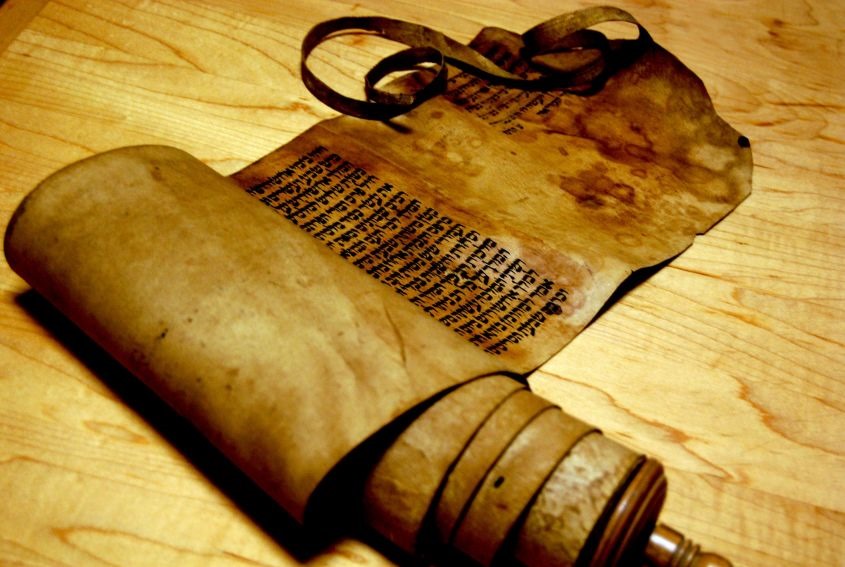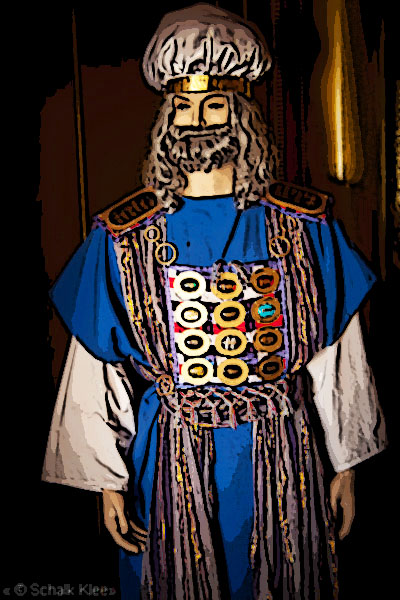-

When is First Fruits and how to count the Omer
This day also marks the beginning of the counting of the Omer which leads to the next feast, the feast of weeks, 50 days later. The purpose of this article is to go into some more detail regarding this day, especially when it is to take place. There is some disagreement on this among believers.…
-

Praying in Y’shua’s Name
As believers, we were taught from the time we were little children to end our prayers with “in the name of Jesus (Y’shua)” Since YHVH revealed some of His truth, of keeping Torah, to us, we had to challenge and change many things we were taught as children and thereafter. Is this something else we…
-

Uncleanness and separation…are these commandments still for us?
In our previous post, we wrote on the law of Niddah and some other relevant commandments. We have learned how uncleanness brought about by normal physiological functions or illness can cause separation. This compelled us to question the spiritual implications of this. We know there is a physical and a spiritual side to everything. Sometimes,…
-

The New High Priest on Yom Kippurim
During the annual mo’ed of Yom Kippurim (Day of Atonements), the high priest of Israel had a very special role to play. He had to take the blood of the sin offerings before YHVH to atone for his sin, his family’s sin and the sin of the nation. When Y’shua died and was resurrected, His…

